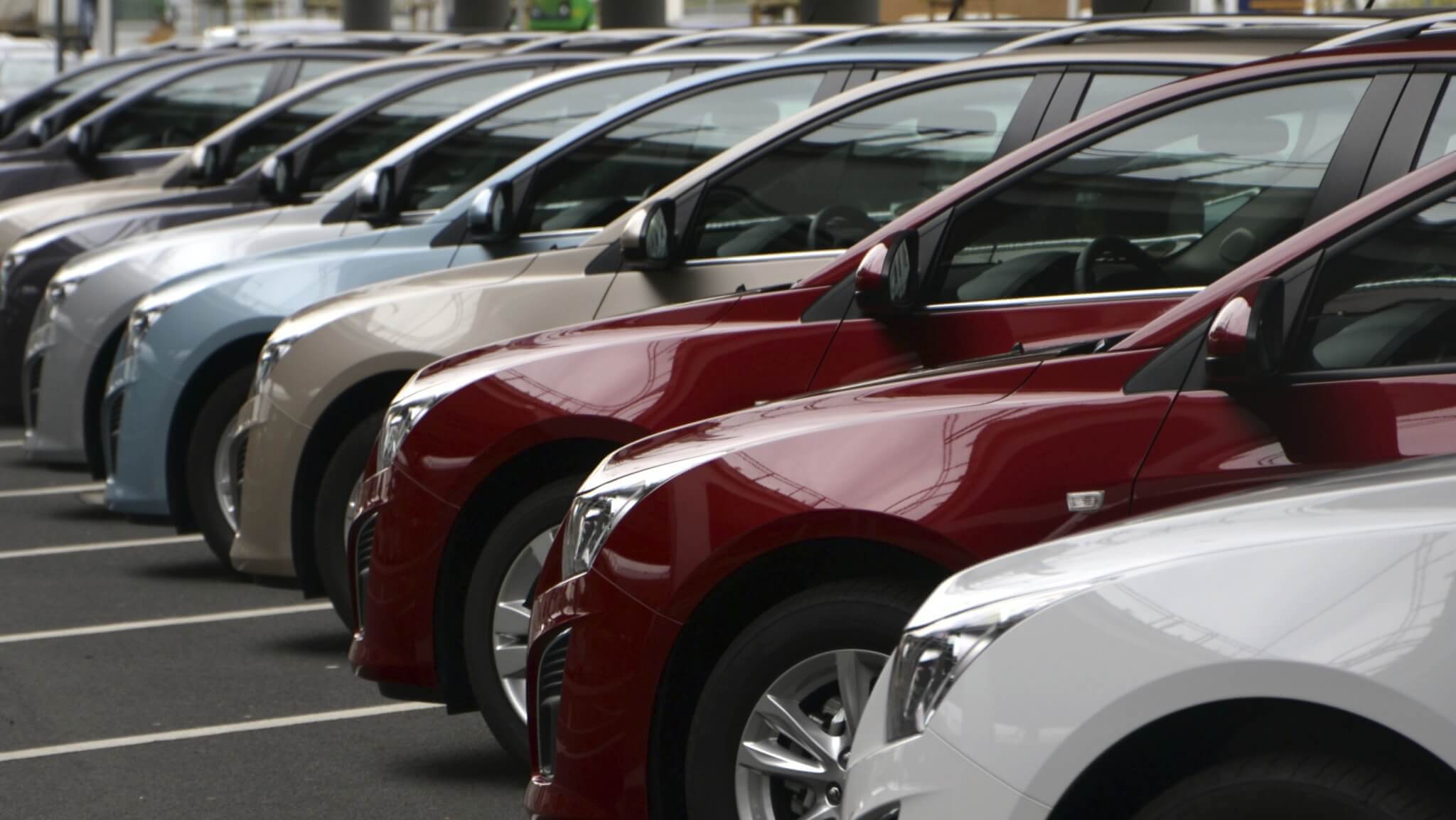
What are the most common misconceptions about investing and business? In the internet age, it's easy for misinformation to spread like wildfire, so don't believe everything you read in chat rooms or hear on your favorite podcasts. Note that most falsehoods begin innocently enough but quickly take on lives of their own. Here's the reality of a few of the top myths that are making the rounds.
Transport Fleet Management is Fully Automated
The idea that vehicle fleets are operated by robotic and AI systems is prevalent outside the industry. But not only is the proposition untrue, but it also causes multiple wrong ideas about the transport sector in general. There are no robots or software apps that can drive trucks carrying tons of cargo.
Human drivers are a necessity. Among the many responsibilities of fleet drivers is understanding payload capacity, which is the highest weight that the vehicle can safely transport from one location to another. Without trained human drivers, trucks would be in jeopardy of overload, reduced braking distance, and excessive strain on vehicle suspension systems. If you oversee a fleet, drive a truck for one, or own a transport company, you can learn the core concepts about calculating vehicle capacity, the key differences between payload and towing capacity, and everything else related to the subject of fleet payloads.
Affiliate Marketing is Dead
The problem with myths about affiliate marketing is that people outside the industry make all sorts of claims that are unfounded and based on confusion of the term with MLM, multi-level marketing. While the two forms of selling have a few things in common, MLM tends to be an older, non-internet version of marketing. The modern system of affiliate sales is still growing rapidly.
The most common arrangement is for one person, the affiliate, to send leads or completed sales orders to someone else in exchange for a fee or percentage of the item's price. Every year, individuals and small companies earn billions of dollars doing affiliate work, which is essentially a lead finding task that the original seller of the service or product reimburses. The payday loan industry and many other segments of the financial sector would not exist without thousands of affiliates driving business to primary merchants' websites and online stores.
Green Businesses are Thriving
This is a great example of how market research can help your business grow and provide you with valuable data. After a slow start, the green-based commercial sector is still struggling to get off the ground. The automotive market serves as a prime example. After more than a decade of tax credits and other financial incentives, consumers have not warmed to the idea of all-electric cars, also called EVs (electric vehicles).
In addition to high price tags and restrictive range, the cars are expensive to repair, aren't good for long trips, and have a poor track record for reliability. In general, environmental business models and products, including solar arrays for private homes, are not performing well in terms of profit and industry growth. Other sellers in the green segment have not succeeded in convincing the public that their goods are any better for the environment than traditional versions. While it's true that the green niche will always have enough of a following to remain financially viable on a small scale, it appears that the long-term outlook for the segment is anything but sustainable.
Franchising is the Fastest Way to Wealth
Urban legends and misinformation about franchises have been around for decades. Stories circulate about how easy it is to accumulate vast riches by paying a fee to own and operate a franchise. Note that while a small percentage of franchisees find huge success, there's nothing unique about the business model. Indeed, starting any other kind of business on your own offers the same chance for long-term financial success as running a franchised company.
It's also important to remember that the top franchises are not cheap to buy. In the fast-food niche, a fully licensed store typically costs in excess of $1 million. In general, franchisees need to invest a significant amount of funds upfront and devote many hours of hard work to the effort. A quick road to wealth is not an accurate way to describe the process of purchasing a franchise. Initial expenses are so prohibitive that a large percentage of potential investors never get a chance to buy into the franchising model.
Thanks for signing up to Minutehack alerts.
Brilliant editorials heading your way soon.
Okay, Thanks!